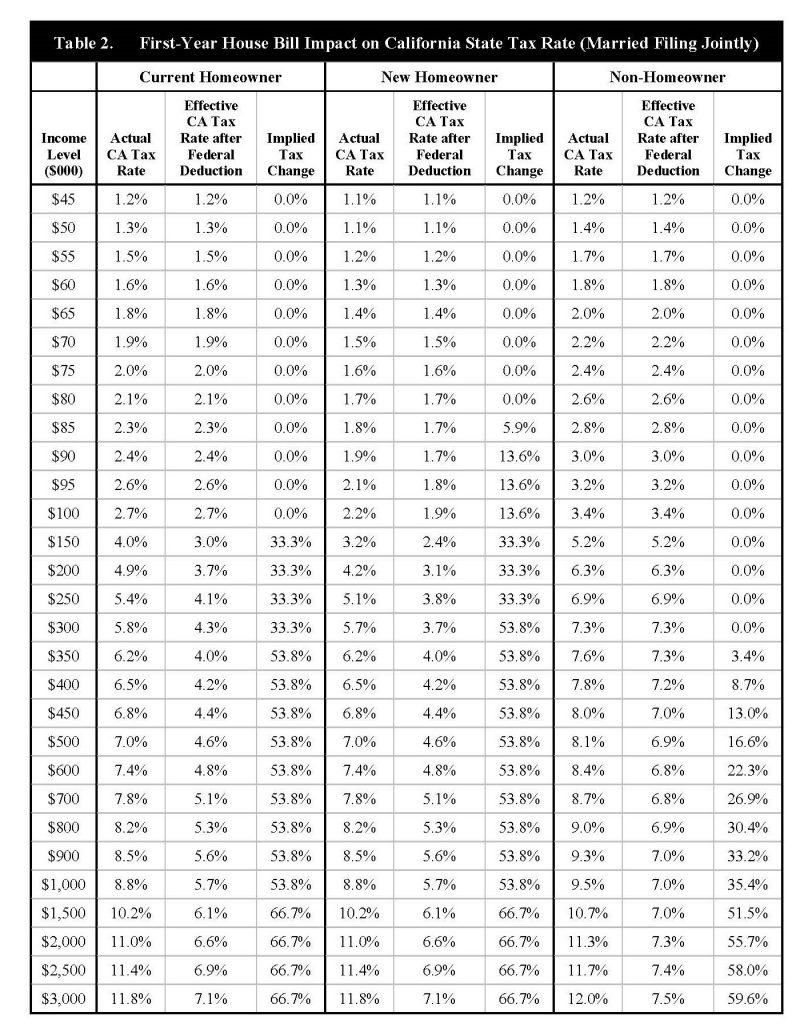


On July 2, 2017, the Governor signed HB 16 which sunsets the Delaware Estate Tax on December 31, 2017.ĭC Bill B22-0685 was introduced in the DC City Council on February 8, 2018. The exemption will be phased in as follows:Ģ023: federal exemption for deaths on or after January 1, 2023.īeginning in 2019, the cap on the Connecticut state estate and gift tax is reduced from $20 million to $15 million (which represents the tax due on a Connecticut estate of approximately $129 million). On May 31, 2018, Connecticut changed its estate tax law to extend the phase-in of the exemption to 2023 to reflect the increase in the federal exemption to $10 million indexed for inflation in the 2017 Tax Act. On October 31, 2017, the Connecticut Governor signed the 2018-2019 budget which increased the exemption for the Connecticut state estate and gift tax to $2,600,000 in 2018, to $3,600,000 in 2019, and to the federal estate and gift tax exemption in 2020. Tax is tied to federal state death tax credit. On May 8, 2006, Governor Napolitano signed SB 1170 which permanently repealed Arizona’s state estate tax.ĪR ST § 26-59-103 26-59-106 26-59-109, as amended March, 2003. Tax was tied to federal state death tax credit. | NY | OH | OK | OR | PA | RI | SC | SD | TN | TX | UT | VA | VT | WA | WI | WV | WY | | KY | LA | MA | MD | ME | MI | MO | MN | MS | MT | NC | ND | NE | NH | NJ | NM | NV | | AL | AK | AR | AZ | CA | CO | CT | DC | DE | FL | GA | HI | IA | ID | IL | IN | KS | The Connecticut income tax estimator tool is provided by.These numbers are subject to change if new Connecticut tax tables are released. Before the official 2023 Connecticut income tax brackets are released, the brackets used on this page are an estimate based on the previous year's brackets.Connecticut tax return forms are available on the Connecticut tax forms page or the Connecticut Department of Revenue.Please contact us if any of our Connecticut tax data is incorrect or out of date. The Connecticut tax brackets on this page were last updated from the Connecticut Department of Revenue Services in 2020.States often adjust their tax brackets on a yearly basis, so make sure to check back later for Connecticut's updated tax year 2021 tax brackets!

The Connecticut tax brackets on this page have been updated for tax year 2020, and are the latest brackets available. Is info on this page missing or out-of-date? Please let us know so we can fix it!

Head over to the Federal income tax brackets page to learn about the Federal Income Tax, which applies in all states nationwide.ĭisclaimer: While we do our best to keep this list of Connecticut income tax rates up to date and complete, we cannot be held liable for errors or omissions. The Federal income tax also has a standard deduction, personal exemptions, and dependant deductions, though they are different amounts than Connecticut's and may have different rules. Likewise, you can take an additional dependent exemption for each qualifying dependent (like a child or family member), who you financially support. The Personal Exemption, which is supported by the Connecticut income tax, is an additional deduction you can take if you (and not someone else) are primarily responsible for your own living expenses. The standard deduction, which Connecticut does not have, is a deduction that is available by default to all taxpayers who do not instead choose to file an itemized deduction. * Note: Connecticut is different from other states in that it treats personal exemptions state tax exemptions as tax credits - which means that instead of deducting an amount from taxable income, the exemptions reduce your actual tax liability after it has been calculated. Remember that Connecticut may have very different deduction laws from the Federal Income Tax, so you may have to write a whole new list of deductions for your Connecticut income tax return. Qualifying deductions might include an itemized deduction, the Connecticut standard deduction, exemptions for dependants, business expenses, etc. When calculating your Connecticut income tax, keep in mind that the Connecticut state income tax brackets are only applied to your adjusted gross income (AGI) after you have made any qualifying deductions. Keep in mind that this estimator assumes all income is from wages, assumes the standard deduction, and does not account for tax credits.įor a more detailed estimate that takes these factors into account, click "View Detailed Estimate" (this will will redirect to an external website). You can use the income tax estimator to the left to calculate your approximate Connecticut and Federal income tax based on the most recent tax brackets.


 0 kommentar(er)
0 kommentar(er)
